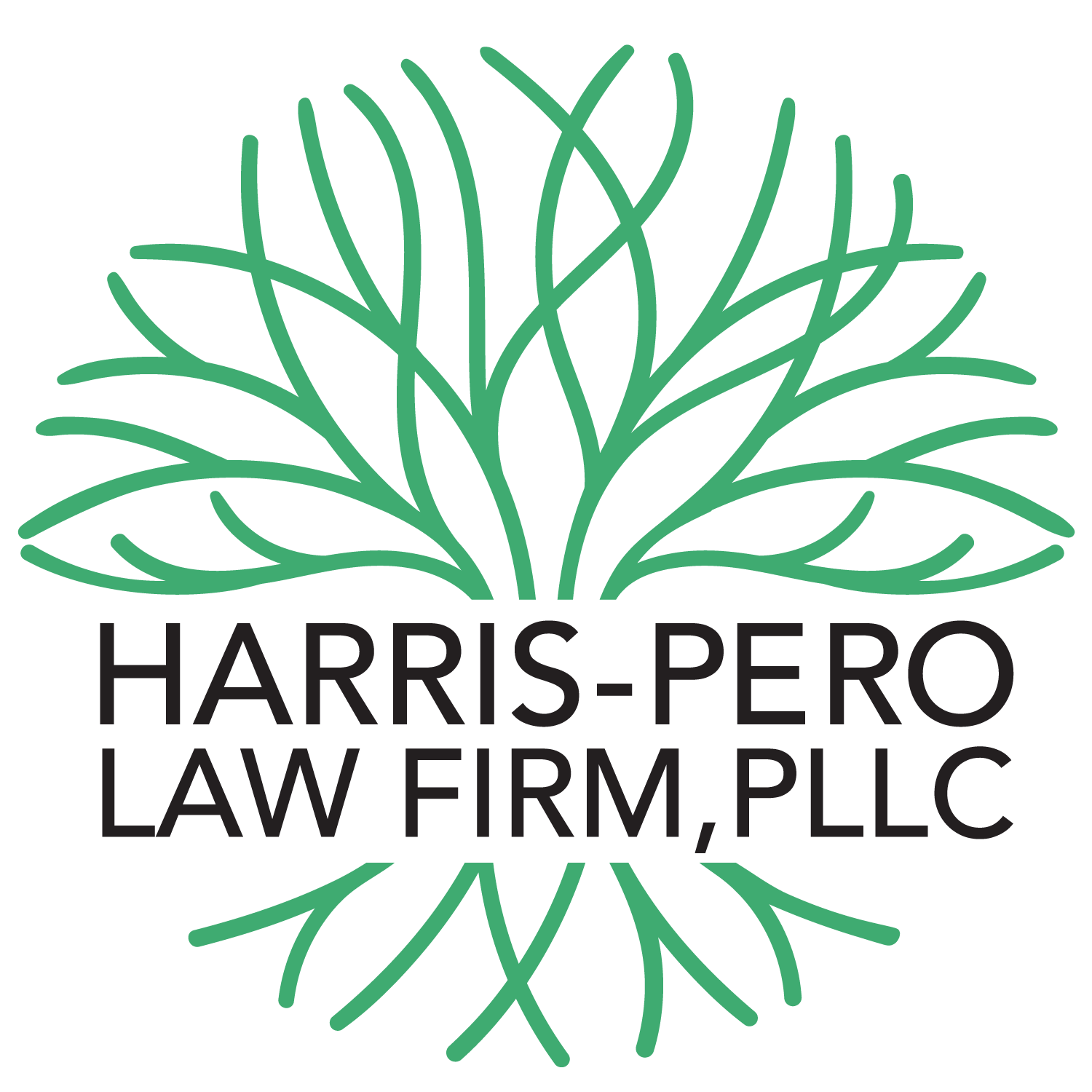Alphabet Soup for Business Owners: LLCs, S-Corps, & C-Corps Made Simple
Starting a business? Congrats! Now, let’s decode the alphabet soup of business structures so you can choose the best recipe for success. Don’t worry—it’s not as complicated as it sounds. And if it starts to feel overwhelming, just call in a master chef (ahem, an attorney) to help you cook up the perfect entity.
If you're curious about the best recipe for you, listed below are the basic ingredients. Please don't be intimidated, it's just alphabet soup, and you can always call on a master chef (attorney) to do the dirty work.
The Main Ingredients: LLCs & C-Corps
Every great dish starts with a solid base. In the world of business entities, your foundation is either a Limited Liability Company (LLC) or a C-Corporation (C-Corp).
S-Corporation (S-Corp) Alert! Either an LLC or a C-Corp can elect to be taxed as an S-Corp by filing the right paperwork. This isn’t a separate entity—it’s a tax election.
A Dash of Limited Liability
One big reason people choose LLCs and corporations is limited liability—this means your personal assets (house, car, savings) are generally protected from business debts and lawsuits. While not foolproof, it’s a major advantage over a sole proprietorship.
Employee Status: Are You on the Payroll?
Your role as an owner determines how you get paid:
C-Corp or S-Corp Owners – You’re considered an employee and must take a reasonable salary. The company withholds payroll taxes.
LLC Owners – You’re not an employee of your own business. Instead, profits pass through to you, and you pay self-employment taxes.
Formality Level: Keep It Casual or Buttoned-Up?
LLCs – Less paperwork, fewer formalities, and more flexibility in structure.
Corporations – More rules, formal record-keeping, and required meetings.
Calling All Professionals: Add a “P” to Your Business Name
If you’re a licensed professional (doctor, lawyer, accountant, etc.), you may need a Professional LLC (PLLC) or a Professional Corporation (P.C.). These come with extra filing requirements—and a reality check: You can’t shield yourself from malpractice liability. Each member is responsible for their own professional mistakes.
Who’s Cooking? (Choosing the Right Business Partners & Advisors)
Before you finalize your business structure, ask yourself:
Will I have business partners (now or in the future)?
Will family members be involved?
Who will manage the day-to-day operations?
An attorney can help you answer these questions and set up the right legal foundation.
Before Serving: Consider Tax Seasoning
Your business’s tax treatment depends on how you set it up:
C-Corp – Pays corporate taxes (profits taxed at the corporate level, then again when distributed to shareholders).
Single-Member LLC – Taxed like a sole proprietorship (income passes through to you).
Multi-Member LLC – Taxed like a partnership (profits and losses pass through to members).
Spice It Up: Changing Your Tax Flavor
Want a different tax treatment? No problem! Both LLCs and C-Corps can elect S-Corp taxation if they meet IRS requirements. This can help reduce self-employment taxes—but it’s not for everyone, so get professional advice before making the switch.
Enjoy the Soup—And Keep Your Kitchen Clean!
Once your business is set up, keep good records, maintain compliance, and have a solid operating agreement. This helps avoid future headaches.
And if you’ve already made a mess—maybe by forming an entity online without proper guidance—don’t panic. We specialize in business clean-up and reorganization.
Starting or restructuring a business is exciting! Make sure you have the right advisors to guide you, and soon, you’ll be serving up success.
Need help? Contact us today!
